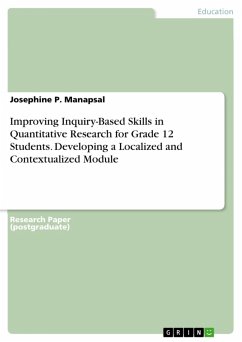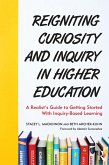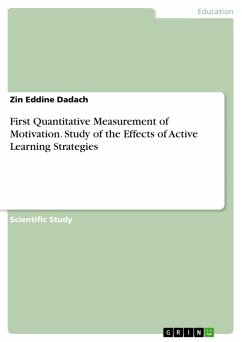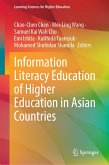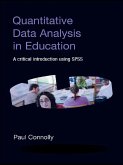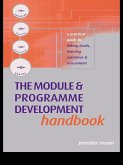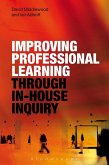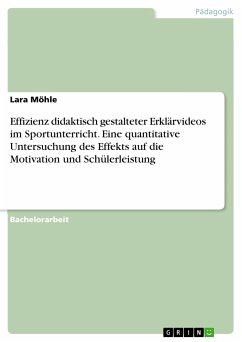Research Paper (postgraduate) from the year 2023 in the subject Pedagogy - Pedagogic Psychology, grade: 1.00, , language: English, abstract: This study aims to compare the academic track and Technical-Vocational-Livelihood (TVL) track in terms of inquiry-based thinking skills and learning competencies in Practical Research 2 among Grade 12 students. Utilizing a descriptive-comparative quantitative research design with purposive sampling, the study involved 71 students from two academic tracks: HUMSS/ABM (Humanities and Social Sciences / Accountancy, Business, and Management) and TVL (Technical-Vocational-Livelihood) track. The Inquiry-based Thinking Scale (ITS) and a self-perceived learning competency questionnaire were used to gather data, yielding mean scores of 4.18 and 3.62 for inquiry-based thinking, and 4.16 and 3.657 for learning competencies, respectively, across the two groups. Results indicated significant differences in both inquiry-based thinking skills and self-perceived learning competencies (p-value = 0.001), prompting the rejection of the null hypothesis. The findings underscore the need for tailored educational interventions that reflect the unique cultural, social, and economic contexts of students. Recommendations include the development of personalized learning plans, enhanced teacher training programs, and the integration of technology to support inquiry-based learning. Future research directions suggest longitudinal studies, expanded demographic analyses, and interdisciplinary approaches to further refine and validate the effectiveness of these educational strategies. This study contributes to the broader goal of creating a more relevant and effective education system that equips students with the Inquiry-based thinking skills necessary for academic and real-world success.
Dieser Download kann aus rechtlichen Gründen nur mit Rechnungsadresse in A, B, BG, CY, CZ, D, DK, EW, E, FIN, F, GR, HR, H, IRL, I, LT, L, LR, M, NL, PL, P, R, S, SLO, SK ausgeliefert werden.

